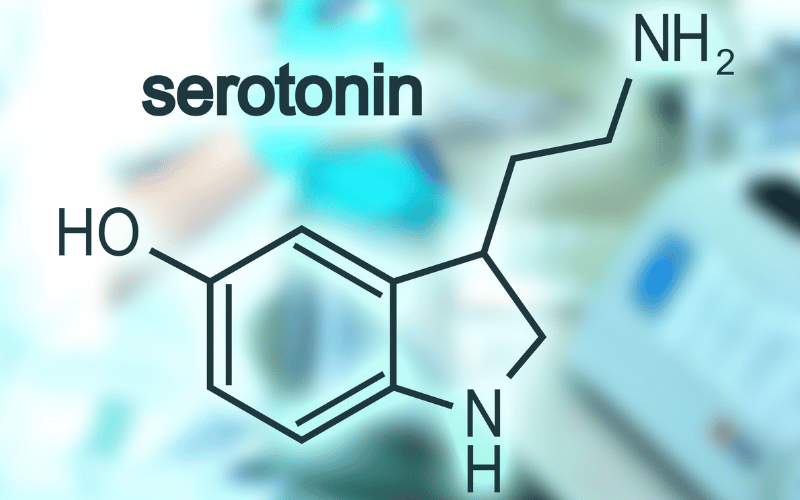8. Neurotransmitter Imbalance: The Gut-Brain Chemical Tug of War

When discussing IBS, it’s impossible to ignore the chemical messengers—neurotransmitters—that act as bridges between the brain and gut. Serotonin, often dubbed the ‘feel-good’ neurotransmitter, has an intriguing role in IBS. While most associate it with the brain, a whopping 90% of serotonin resides in the gut!
In people with IBS, the dance of serotonin can sometimes go awry. Imbalances in serotonin levels can influence gut motility and sensitivity, playing a role in the hallmark symptoms of IBS. Think of serotonin as the maestro, orchestrating the rhythm of the gut. When out of tune, the entire symphony falters.
This discovery has led to novel treatment approaches. Some medications now target the serotonin pathways, aiming to restore balance and alleviate IBS symptoms. It’s a bright example of how understanding the root cause can lead to targeted and effective interventions. (8)